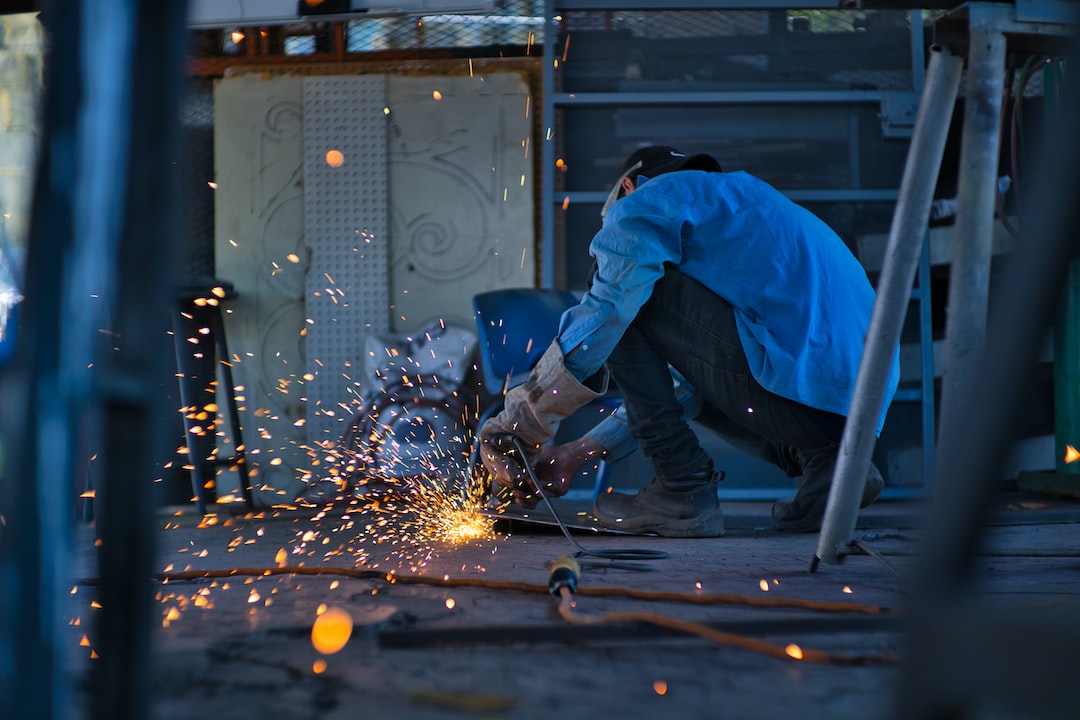The Importance of Continuous Improvement in Manufacturing
In today’s competitive business landscape, the ability to continuously improve manufacturing processes has become a vital factor for success. Companies across industries are constantly seeking ways to enhance their operations, reduce costs, increase efficiency, and meet ever-changing customer demands. This is where the concept of continuous improvement comes into play. Continuous improvement, also known as Kaizen, is a philosophy that encourages ongoing efforts to optimize all aspects of manufacturing. In this blog post, we’ll delve into the importance of continuous improvement in manufacturing and explore its benefits.
1. Increased Efficiency:
Continuous improvement focuses on eliminating waste and streamlining processes. By regularly assessing and improving operational practices, manufacturers can identify inefficiencies and take necessary steps to enhance productivity. This could involve removing unnecessary steps in a production line, reducing machine downtime, or improving workflow. By doing so, manufacturers can optimize the allocation of resources and reduce costs, resulting in improved efficiency and higher profitability.
2. Better Quality Control:
Continuous improvement emphasizes the need for quality control at every stage of the manufacturing process. By implementing effective quality control measures, manufacturers can identify defects or deviations early on, leading to improved products and reduced waste. This proactive approach to quality control helps in meeting customer expectations and reduces the chances of product recalls or customer complaints. Continuous improvement also fosters a culture of accountability, encouraging employees to take ownership of quality control and develop a mindset that strives for excellence.
3. Enhanced Customer Satisfaction:
In today’s hyper-competitive market, meeting and exceeding customer expectations has become paramount. Continuous improvement enables manufacturers to adapt quickly to changing customer needs and preferences by constantly evaluating and adjusting their processes. By being responsive to customer demands, manufacturers can ensure timely delivery of products, provide better customer service, and maintain a competitive edge. This customer-centric approach fosters long-term relationships, increases customer loyalty, and boosts brand reputation.
4. Improved Employee Morale:
Continuous improvement encourages employee involvement and empowerment. It provides opportunities for employees to contribute their ideas and suggestions for process improvement. When employees feel that their opinions are valued and their ideas are implemented, it leads to higher job satisfaction and improved morale. This, in turn, boosts productivity and employee retention. Moreover, by involving employees in the continuous improvement process, manufacturers can tap into their knowledge and expertise, resulting in innovative ideas and solutions.
5. Adapting to Technological Advancements:
With rapid advancements in technology, manufacturers must stay agile and adapt to new tools and processes. Continuous improvement ensures that companies are always on the lookout for emerging technologies that can enhance their manufacturing capabilities. By embracing new technologies, manufacturers can automate certain processes, introduce data-driven decision-making, and achieve greater precision and accuracy. This not only improves operational efficiency but also positions the company as an industry leader capable of meeting the demands of the future.
In conclusion, continuous improvement plays a vital role in the success of manufacturing companies. By promoting efficiency, quality control, customer satisfaction, employee morale, and technological adaptation, it enables manufacturers to stay competitive, reduce costs, and drive innovation. In an increasingly dynamic business environment, the ability to continuously improve manufacturing processes is no longer a luxury but a necessity. By embracing the philosophy of continuous improvement, manufacturers can ensure long-term success and sustainability in an ever-evolving marketplace.


